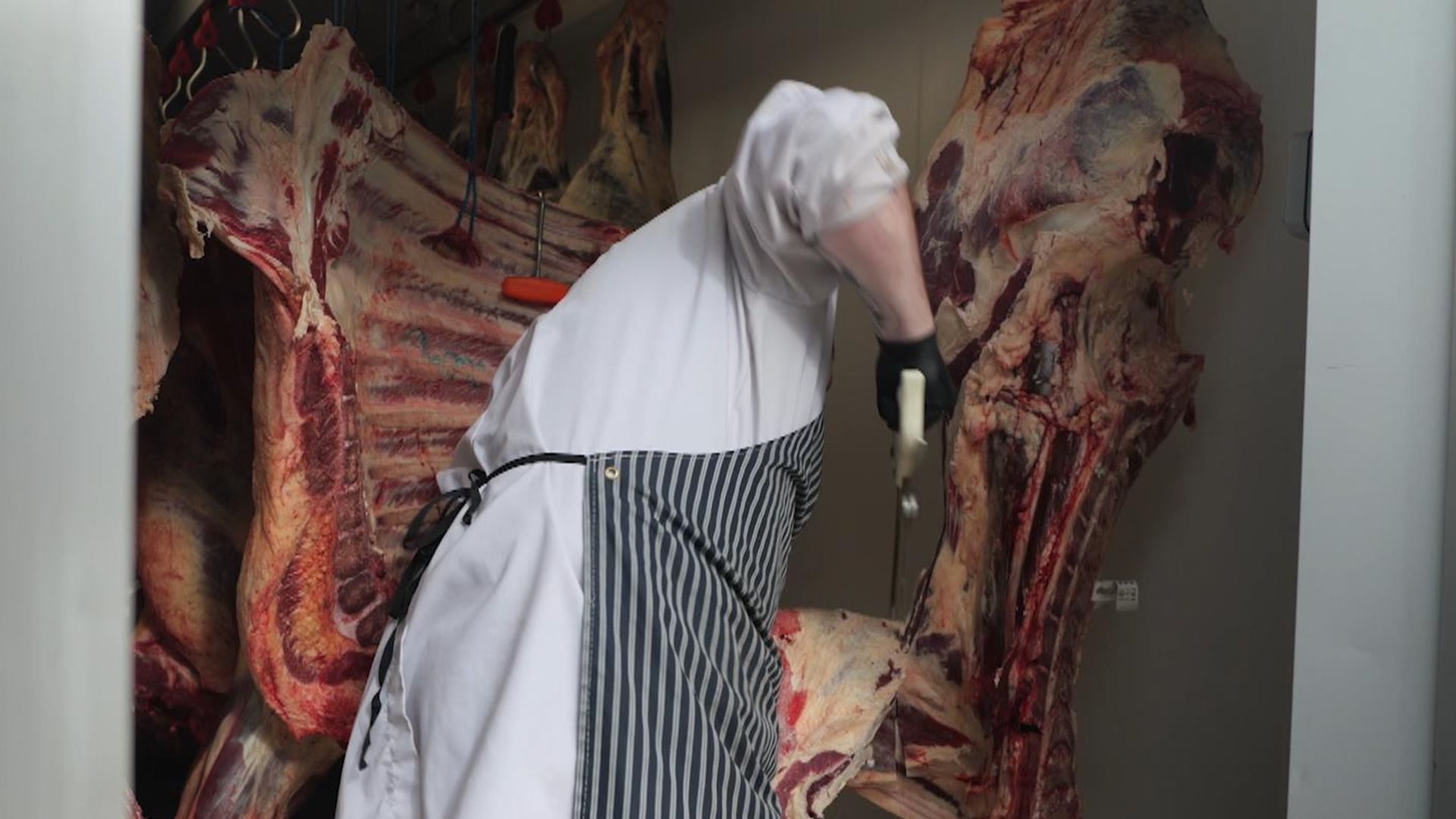The British beef market is experiencing significant turmoil, characterized by shrinking herds and rising costs that impact both farmers and consumers. Despite beef prices reaching their highest levels in years, driven by steep inflation, many farmers are hesitant to invest in expanding their operations. This situation reflects a broader story of spiraling inflation and structural decline within the agricultural sector.
Jonathan Chapman, a beef farmer, highlights that ten years ago, farmgate prices were too low to be profitable, forcing him to process and sell his own meat to make ends meet. Today, while prices have nearly doubled, this increase is attributed to rising costs, long-term trends, and changes in the subsidy regime post-Brexit. The reduction in cow numbers, estimated at 3% annually for the past decade, is partly due to the decrease in dairy herds, as farmers struggled to remain profitable.
Beyond supply and demand, beef farmers face increased operational costs, including higher employer's national insurance and minimum wage, as well as persistently high energy prices. Unpredictable weather, such as a historically dry summer, further exacerbates the situation by reducing pasture yields and increasing feed costs. In response, farmers like Mr. Chapman are reducing herd sizes to cut expenses, which will lead to fewer cattle reaching maturity in the future, potentially prolonging high prices.
Adding to the uncertainty is the impending end of the agricultural inheritance tax exemption. This prospect has instilled fear among farmers, leading some to u... download the app to read more
YoyoFeed ! Follow top global news sources, read AI-powered summaries, ask AI your questions, translate news into your language, and join live chats — all with YoyoFeed!


